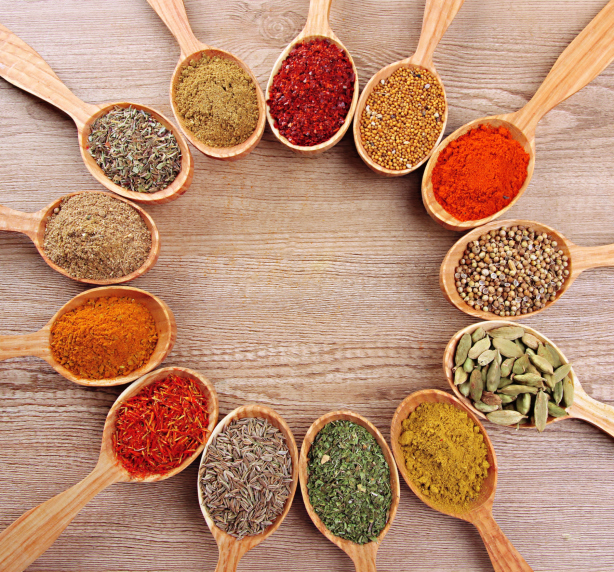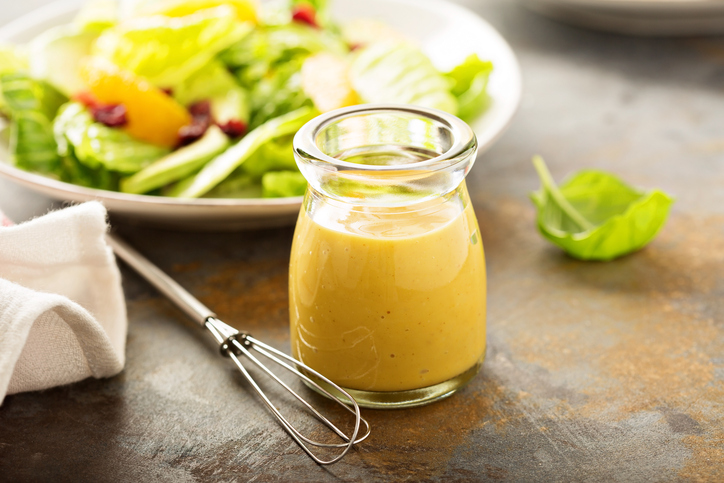 Your feet already need to be taken care of, but when you have diabetes or pre-diabetes, your feet and skin need extra care and attention.
Your feet already need to be taken care of, but when you have diabetes or pre-diabetes, your feet and skin need extra care and attention.
Very small, repetitive injuries to the feet -- like those caused by poorly fitting shoes -- can lead to BIG problems. Calluses, blisters, sores, infections, and foot ulcers may appear on numb areas of the foot, because pressure or injury goes unnoticed. This happens simply because you can't feel the problem.
Also, people with uncontrolled diabetes have a hard time fighting infections. They may also have poor circulation that can lead to problems with healing. That means a minor cut in the skin could become an ulcer or develop into a serious infection. With good foot care, you can prevent most of these problems.
Here are 8 great everyday foot care habits to follow:
A. Inspect feet daily. Wash your feet, and then thoroughly dry them. Use a handheld mirror (like a magnifying mirror) to inspect them. Look for blisters, cuts, cracks, dry skin, redness, tenderness, or sores on the skin, between the toes, and on the soles of your feet.
B. Powder in between your toes. This helps keep that moist skin dry and helps prevent fungal infections. Be sure that it's not talcum based powder.
C. Rub lotion on feet and legs to prevent dry cracked skin. But don't put lotion between the toes because of the risk of fungal infections.
D. Keep nails trimmed. Use an emery board for filing so you don't hurt your skin.
E. Protect your feet. Always wear shoes or slippers to protect feet from injury. Don't use a heating pad or hot water bottle to warm your feet.
F. Get checkups at the doctor. On each visit, make sure the doctor inspects your feet.
G. Don't use corn removers or other drugstore foot treatments. These can be harmful. Let a doctor treat your foot problems.
H. Wear properly fitted shoes. Also, wear socks at all times to prevent injury.
In addition to all of that, Inspect Feet Daily if You Have Diabetes
It is recommended that those with neuropathy inspect their feet on a daily basis for cuts, any signs of redness, calluses, or blisters. Using a little mirror can help. Also, it's important to moisturize. But avoid getting it between the toes, because that area is already moist. So extra moisture tends to cause fungal infections.
Even if you have diabetes, caring for your feet is easy. It's best to do it when you are bathing or getting ready for bed. And remember that good foot care also involves getting medical help early if a problem develops. It's very important to see your doctor for treatment right away -- to prevent serious complications like infections.
Healthy Eating With Diabetes On A Budget
Many people believe that it’s just too expensive to eat healthfully and healthy food cost more than unhealthy food. The truth is, armed with the right shopping and purchasing strategies you can make healthful food choices regardless of your budget or diabetes diagnosis.
There are many factors that affect the price of the food you eat – high gasoline prices, viral outbreaks, rising exports and drought affecting the area where the food is grown. However, according to the Congressional Research Service prices for healthful foods in the United States aren’t increasing as fast as those for processed food items.
Here are eight strategies you can use to purchase and prepare healthful foods without bankrupting your budget.
Plan, plan, plan. Create a calendar for what you plan to eat for a day, week or month and organize your recipes, ingredients, shopping list, and coupons to correspond with your meals. Check your freezer, cabinets, and refrigerator to see what you currently have on hand. You can save money by using these items in the upcoming week's meals.
A detailed shopping list is essential to shopping on a budget. Your shopping list can help you make more healthful purchases, avoid impulse buying and reduce food waste.
Plan to use larger recipes with enough servings for multiple meals. You’ll save time preparing another meal and reduce the number of ingredients you need to buy.
Use coupons with caution. Buy only the items that you know you’ll use. If you don’t need an item right away, save the coupon and see if it goes on sale.

Keep your pantry well-stocked with cooking essentials such as spices, oil, vinegar, beans, lentils, and dry whole grains, as well as canned fish, tomato products, and fruits and vegetables. Also, don't forget the freezer. Frozen fruits, vegetables, and lean meats can stay in the freezer for a long time. If you buy these pantry staples in bulk when on sale, you can decrease your cost of household food by one-half.
DIY dressings and spice blends. Pre-made dressings can cost up to $4 per bottle and be loaded with added sugar, sodium, food colorings and artificial ingredients. The same holds true for spice blends.
Read the price tag. Check for store brands and be sure to read the price tag. Store brands often cost less than name brands. The price tag will give you the retail and unit price. Larger packages are often less per unit than their smaller counterparts. The unit price will tell you how much an item costs per pound, ounce, quart, etc. The unit price is useful when comparing two items. The retail price is how much you pay for each item.
 Use the dirty dozen and clean fifteen lists. It’s true organic food products tend to be more expensive than their inorganic counterparts. But you can cut your expense by using the Environmental Working Groups’ (EWG) “Dirty Dozen” and “Clean Fifteen" food list. The EWG places nonorganic fruits and vegetables considered to have the highest amount of pesticides residues in the Dirty Dozen category. Fruits and vegetables considered to have the least amount of pesticide residues are categorized as the Clean Fifteen. If you're looking for produce with low pesticide residuals, choose fruits and vegetables on the Clean Fifteen list and consider purchasing organic only for those fruits and vegetables on the Dirty Dozen list.
Use the dirty dozen and clean fifteen lists. It’s true organic food products tend to be more expensive than their inorganic counterparts. But you can cut your expense by using the Environmental Working Groups’ (EWG) “Dirty Dozen” and “Clean Fifteen" food list. The EWG places nonorganic fruits and vegetables considered to have the highest amount of pesticides residues in the Dirty Dozen category. Fruits and vegetables considered to have the least amount of pesticide residues are categorized as the Clean Fifteen. If you're looking for produce with low pesticide residuals, choose fruits and vegetables on the Clean Fifteen list and consider purchasing organic only for those fruits and vegetables on the Dirty Dozen list.
 Eat at home. It cost more to eat outside of your house. An average meal for a family of four, eaten at home, costs $20 compared with $60 for the same meal eaten in a restaurant. Also, studies show on average, meals purchased at restaurants have more calories than home-cooked meals.
Eat at home. It cost more to eat outside of your house. An average meal for a family of four, eaten at home, costs $20 compared with $60 for the same meal eaten in a restaurant. Also, studies show on average, meals purchased at restaurants have more calories than home-cooked meals.
Control portions. Controlling portions is another great way to stretch your dollars. Studies show that when presented with larger portions you will eat more food. Manage your portion sizes with the following tips:
- Do not eat directly from food packages. Divide snack items into single-serving portions when you get home from the store.
- Serve food on smaller plates and avoid family style meals. Instead, keep serving dishes on the kitchen counter to prevent mindless eating.
- Use the plate method. When serving your meal make sure half the plate is full of non starchy vegetables like broccoli, cabbage, collards and kale; a quarter of the plate is full of whole grains or starchy vegetable like corn, sweet potato or lima beans; the other quarter is for fish, poultry or lean meat.
Work closely with your registered dietitian nutritionist or diabetes health care team to create the right diet plan for you. Click here to find a registered dietitian nutritionist near you.
 Constance Brown-Riggs, MSEd, RD, CDE, CDN is a registered dietitian, certified diabetes educator, national speaker and author of The African American Guide to Living Well with Diabetes.. She is a Dannon One Yogurt Every Day Nutrition Advisor.
Constance Brown-Riggs, MSEd, RD, CDE, CDN is a registered dietitian, certified diabetes educator, national speaker and author of The African American Guide to Living Well with Diabetes.. She is a Dannon One Yogurt Every Day Nutrition Advisor.









